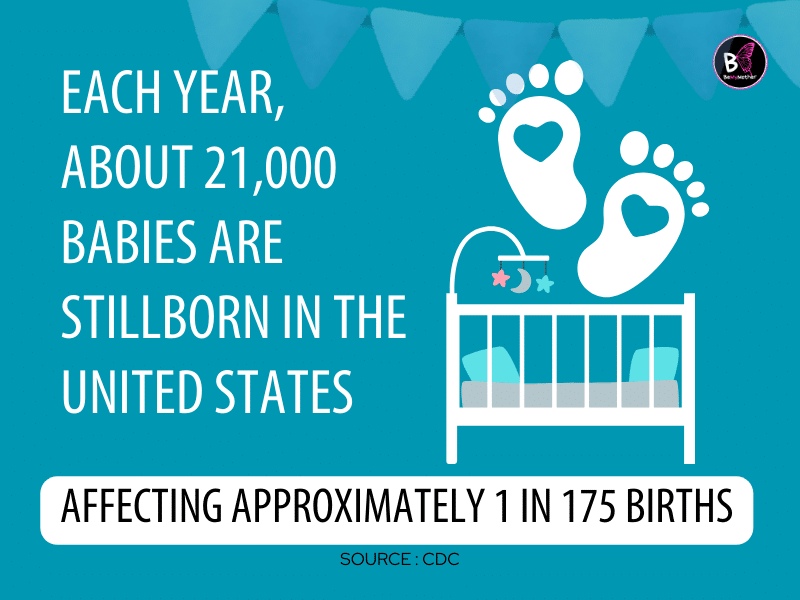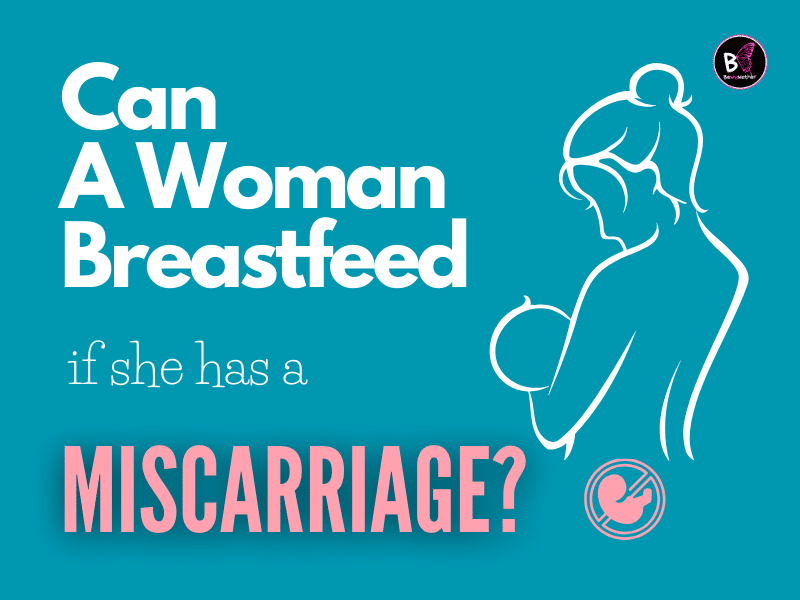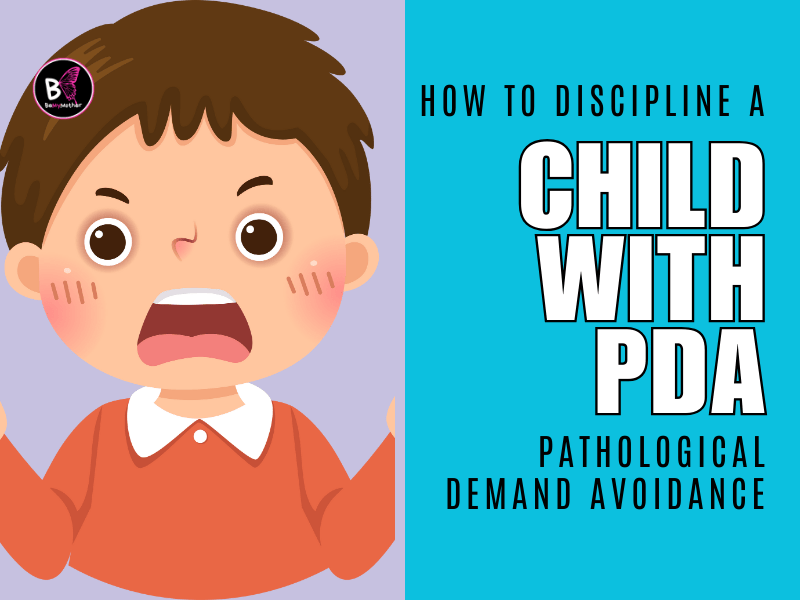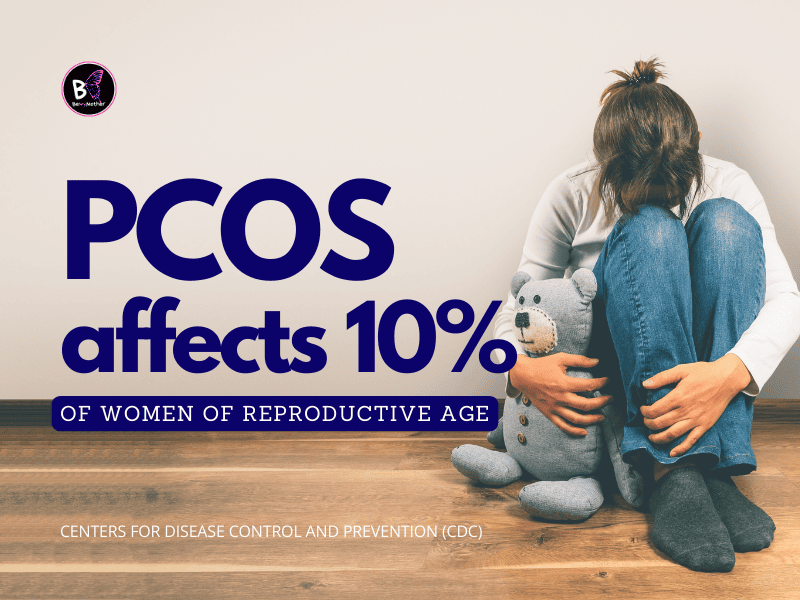The journey of motherhood, including breastfeeding, is deeply tied to physical and emotional transformations. But what happens when the joy of pregnancy is met with the heartbreak of miscarriage? One common question many women ask is: Can a woman breastfeed if she has a miscarriage? Understanding how your body responds after pregnancy loss, particularly in terms of lactation, can provide clarity, comfort, and actionable steps. This article explores the science behind lactation post-miscarriage, its implications, and how to navigate this unique phase confidently.
1. Can a Woman Breastfeed if She Has a Miscarriage?
The answer is yes—women can breastfeed after a miscarriage in many cases. Lactation occurs due to hormonal changes during pregnancy, particularly the rise in prolactin and oxytocin levels. If the pregnancy progresses far enough for these hormones to prepare the body for milk production, a miscarriage may not stop this process.
Breastfeeding after a miscarriage can offer both physical and emotional benefits. For example, continuing to nurse an existing child can provide comfort and help regulate milk production. However, the experience can also be emotionally challenging for some women. It’s essential to evaluate both physical readiness and mental well-being before deciding.
2. What Happens to Your Breasts After a Miscarriage?

Following a miscarriage, breast changes depend on the stage of pregnancy. Common changes include:
| Stage of Pregnancy | Breast Changes Post-Miscarriage |
| Early (1-12 weeks) | Minimal lactation or sensitivity |
| Second Trimester | Possible engorgement and milk leakage |
| Third Trimester | Full lactation similar to postpartum |
These changes occur because hormonal levels take time to stabilize. Even in early miscarriages, sensitivity or slight lactation can still occur. If lactation becomes physically uncomfortable, consult a healthcare provider for guidance on suppressing milk production.
3. Signs of Miscarriage While Breastfeeding
Miscarriage symptoms while breastfeeding may be harder to identify due to overlapping hormonal effects. Symptoms to watch for include:
- Heavy vaginal bleeding or spotting
- Intense abdominal cramping
- A sudden drop in pregnancy symptoms (like nausea or breast tenderness)
Breastfeeding itself does not cause miscarriage, but it’s vital to consult a healthcare professional if you suspect one. Hormonal fluctuations from breastfeeding may mask early symptoms, so regular prenatal care is crucial.
Signs and Symptoms of Miscarriage that You Should Know About
💡 Related Article: Curious about factors that may impact your IVF journey? Discover the ultimate guide to understanding if orgasms pose any risks with IVF pregnancies in Can an Orgasm Cause Miscarriage in IVF? The 11 Ultimate Guide to Understanding Risks and Realities.
4. Medical and Surgical Management of Miscarriage
Managing miscarriage may involve medical or surgical options, depending on the situation. Medical management includes medications like misoprostol to induce the expulsion of pregnancy tissue. Surgical options, such as dilation and curettage (D&C), involve removing tissue to prevent complications. These methods ensure complete evacuation of the uterus, minimize infection risk and promote physical recovery. Always consult a healthcare provider to determine the best approach for your needs.
| Management Type | Description |
| Medical (e.g., Misoprostol) | Medication induces uterine contractions |
| Surgical (e.g., D&C) | Procedure removes pregnancy tissue |
These treatments may impact breastfeeding. For example, medications like misoprostol can cause uterine cramping, which might feel uncomfortable during nursing. However, they don’t typically harm milk production.
5. Measures to Physiologically Stop Lactation
Measures to physiologically stop lactation work by affecting the hormonal balance in the body, particularly the suppression of prolactin, the hormone responsible for milk production. These methods can reduce breast engorgement, alleviate discomfort, and prevent further milk secretion by signaling the body to stop producing milk, promoting physical recovery.
- Medications: Prescription drugs like cabergoline can suppress prolactin levels, which regulate milk production.
- Binding: Gently compressing the breasts with a snug bra can reduce engorgement and discomfort.
- Dietary Adjustments: Avoiding stimulation and consuming sage or parsley may naturally decrease milk production by affecting hormonal balance.
Always consult your doctor before using medications or home remedies to suppress lactation.
6. Can You Perform a Ritual with Breast Milk After a Miscarriage?

After a miscarriage, some women may choose to perform rituals with breast milk as a way to honor their loss and find emotional healing. These rituals can serve as a means of closure, helping to process grief, preserve the memory of the pregnancy, and establish a lasting connection with the experience
Many women choose to create meaningful rituals, such as:
- Donating milk to a milk bank.
- Creating keepsakes, such as jewelry infused with breast milk.
- Using the milk for symbolic ceremonies or art projects.
7. What Happens to the Remains of the Pregnancy?
After a miscarriage, the body will usually expel the pregnancy remains, but how this happens can vary. If the miscarriage occurs early, the body may naturally release the tissue without needing medical intervention. For later miscarriages, a procedure like a D&C (dilation and curettage) may be necessary to ensure all tissue is cleared. Some women may also be given the option to cremate or bury the remains, depending on personal preferences and circumstances. It’s important to talk with your healthcare provider to explore your options and make the decisions that feel most comfortable for you during this difficult time.
For parents seeking more information, organizations like Now I Lay Me Down to Sleep, Share Pregnancy & Infant Loss Support, and The Compassionate Friends in the UK provide resources and support for memorializing a loss.
8. How to Get Pregnant After a Miscarriage
Recovering physically and emotionally after a miscarriage is essential before trying to conceive again. Steps include:
- Waiting for at least one complete menstrual cycle to allow the uterus to heal.
- Monitoring ovulation if breastfeeding delays its return.
- Consulting a healthcare provider to address the underlying causes of the miscarriage.
💡 Related Article: Struggling to find balance after a miscarriage?” Discover How to Regulate Hormones After Miscarriage: 9 Proven Steps to Recovery to support your body and mind during this delicate time.
9. Prevention of Recurrent Miscarriage
Preventing future losses often involves identifying risk factors and seeking medical advice. Tips include:
- Addressing thyroid or hormonal imbalances.
- Managing chronic conditions like PCOS or diabetes.
- Reducing stress and adopting a balanced diet.
While breastfeeding itself doesn’t increase the risk of miscarriage, discuss your overall health with your doctor to ensure optimal outcomes.
10. Emotional and Physical Recovery After a Miscarriage
Coping with the dual challenges of miscarriage and lactation requires both time and support. Consider these strategies:
- Counseling: Therapy can help process grief.
- Support Groups: Connecting with others who’ve experienced similar losses can provide comfort.
- Self-Care: Prioritize rest, hydration, and balanced nutrition to aid recovery.
FAQs
1. Can breastfeeding cause a miscarriage?
Breastfeeding doesn’t directly cause miscarriage, but consult your doctor if you have concerns about uterine contractions while nursing.
2. Does breastfeeding after a miscarriage affect the milk supply for a new pregnancy?
Breastfeeding may delay ovulation but doesn’t typically harm milk production for subsequent pregnancies.
3. Is it safe to breastfeed while undergoing miscarriage treatments?
Yes, most treatments, including misoprostol, are safe for breastfeeding mothers.
4. Can I honor my loss while continuing to breastfeed?
Absolutely. Breastfeeding can provide comfort and a sense of connection during the grieving process.
5. How long does lactation last after a miscarriage?
Lactation duration varies but typically subsides within a few weeks unless breastfeeding is actively continued.
Conclusion
Miscarriage is an emotionally and physically challenging experience, but understanding your body’s response—especially regarding breastfeeding—can empower you to navigate this phase. Yes, a woman can breastfeed if she has a miscarriage, but the decision depends on personal preferences and physical readiness. With the right resources and support, this journey can be met with strength, resilience, and healing.
💡 Related Article: If you’ve recently experienced pregnancy complications, you may wonder how they impact your overall health. Learn about the connection between pregnancy loss and urinary tract health in our article, Can Miscarriage Cause UTI? 8 Eye-Opening Facts About Miscarriage and UTIs You Can’t Ignore.



